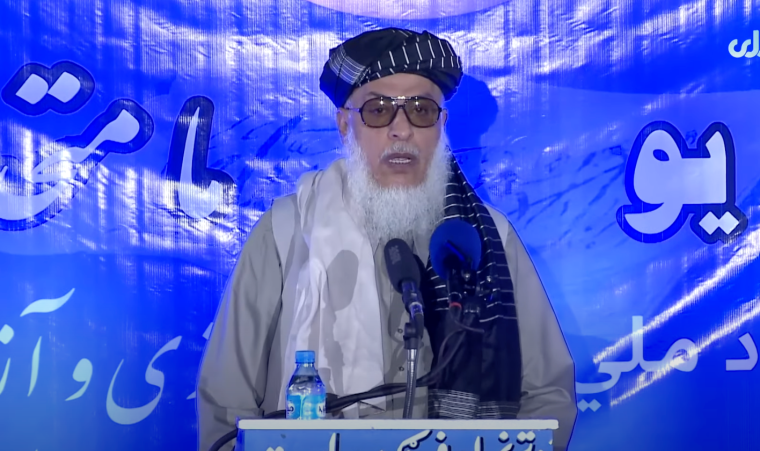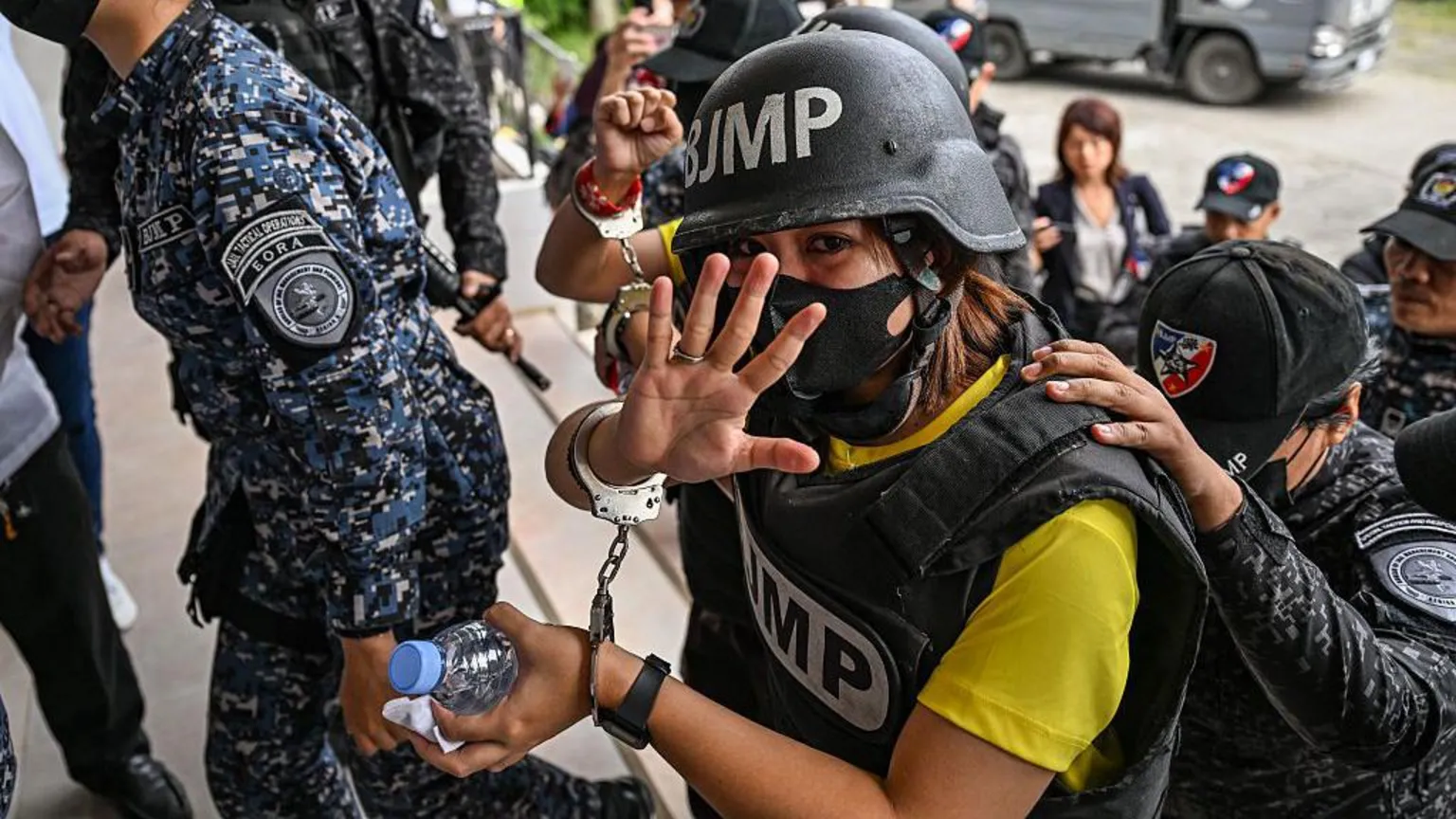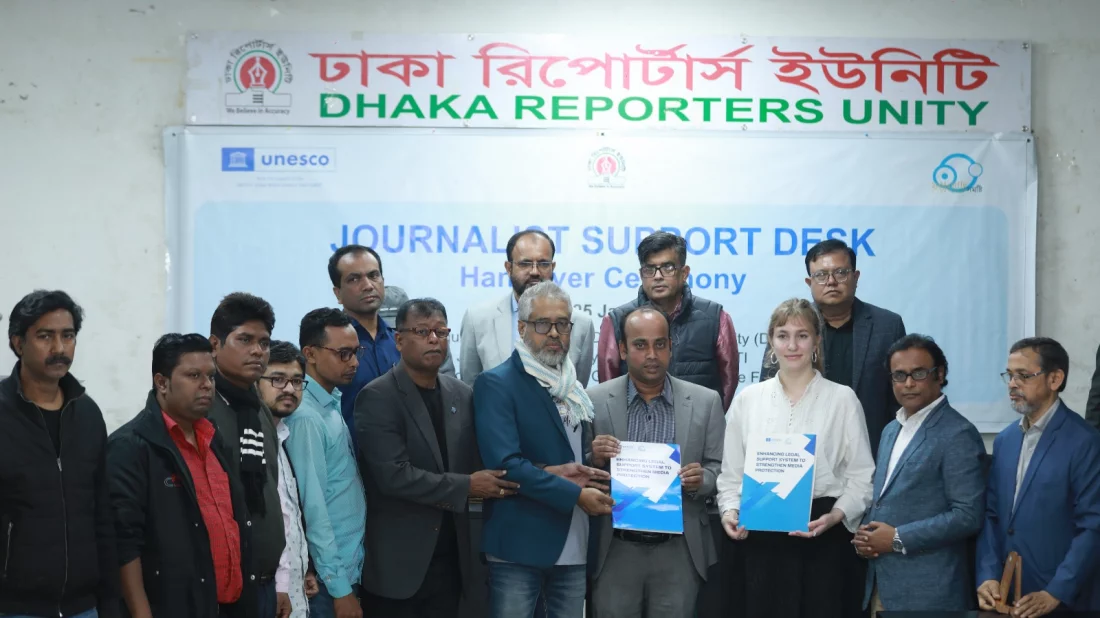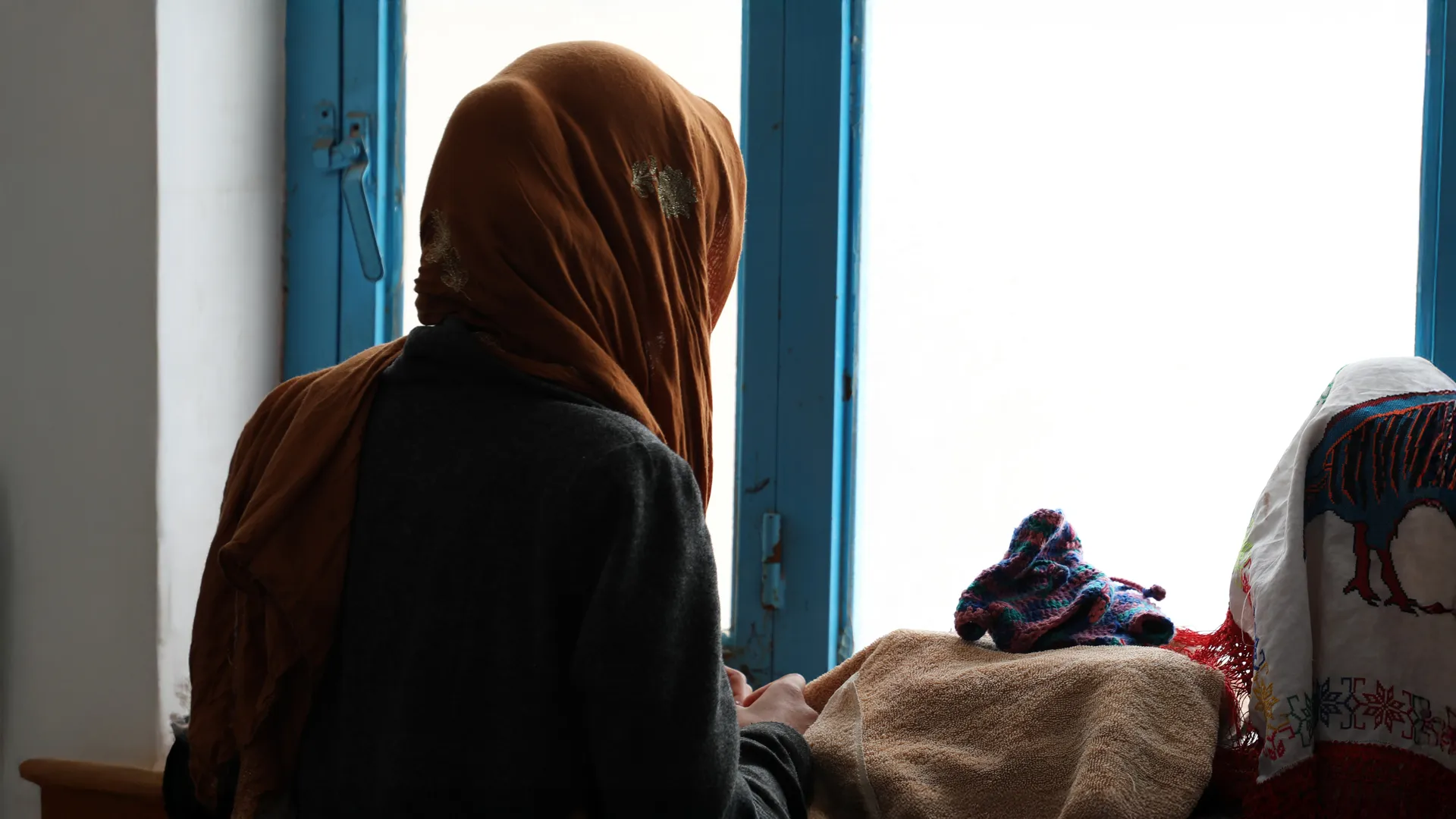
RSF Suspends Participation in Slovakia’s Press Freedom Advisory Body Over Government Interference
September 11, 2024
Philippine Ex-Governor Surrenders, Press Freedom Groups Demand Swift Justice in Journalist’s Murder
September 11, 2024September 11, 2024 – Afghanistan –
The Taliban has labeled the independent news outlet Afghanistan International as an “enemy” of the state, further intensifying its suppression of press freedom. The accusation came after the London-based broadcaster reported on allegations of international aid misuse following devastating floods in Afghanistan’s Baghlan province. In a speech on September 4, Deputy Foreign Minister Abbas Stanekzai condemned the station for waging what he called a “propaganda war” against the Taliban, warning journalists to sever ties with the outlet.
The backlash against Afghanistan International is part of a broader Taliban campaign to silence independent reporting and dissenting voices. Earlier in May, authorities banned journalists and media organizations from engaging with the outlet. Since then, they have applied mounting pressure on domestic media to cease airing their content. Most recently, Taliban officials reportedly jammed Afghanistan International’s satellite broadcast signal in Kabul, causing widespread disruptions in viewership.
Alongside the crackdown on content, the Taliban has also imposed linguistic restrictions on the media. The Ministry for the Propagation of Virtue and Prevention of Vice has issued directives urging media outlets to avoid Persian terminology and instead promote Pashto and expressions of loyalty to Taliban leadership. This attempt to control both content and language marks a significant erosion of journalistic independence.
The Committee to Protect Journalists (CPJ) condemned the Taliban’s actions, describing them as an attempt to intimidate and isolate independent voices. CPJ called for an immediate end to the broadcast jamming and censorship, and urged the Taliban to uphold the rights of Afghan journalists to operate freely without political interference.
Since retaking control in 2021, the Taliban has systematically dismantled the media environment built over two decades. Journalists face harassment, arbitrary detention, and prosecution under vague charges of “immorality” or “propaganda.” The targeting of Afghanistan International highlights a growing intolerance for external scrutiny and a deliberate effort to obscure governance failures from public view.
The move signals a broader deterioration of civil liberties in Afghanistan. Without access to independent information, the Afghan public is left increasingly vulnerable to misinformation, state propaganda, and the unchecked abuse of power.
Reference –




